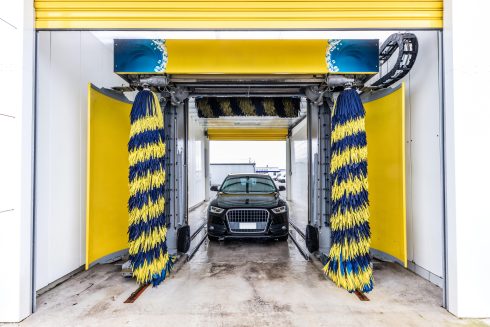With a mission to reach EU targets of climate neutrality by the year 2050, Spain has rolled out significant improvements, quadrupling its solar capacity over the past five years.
But how much of Spain’s energy is renewable and what initiatives are making it one of Europe’s leading countries in sustainable energy?
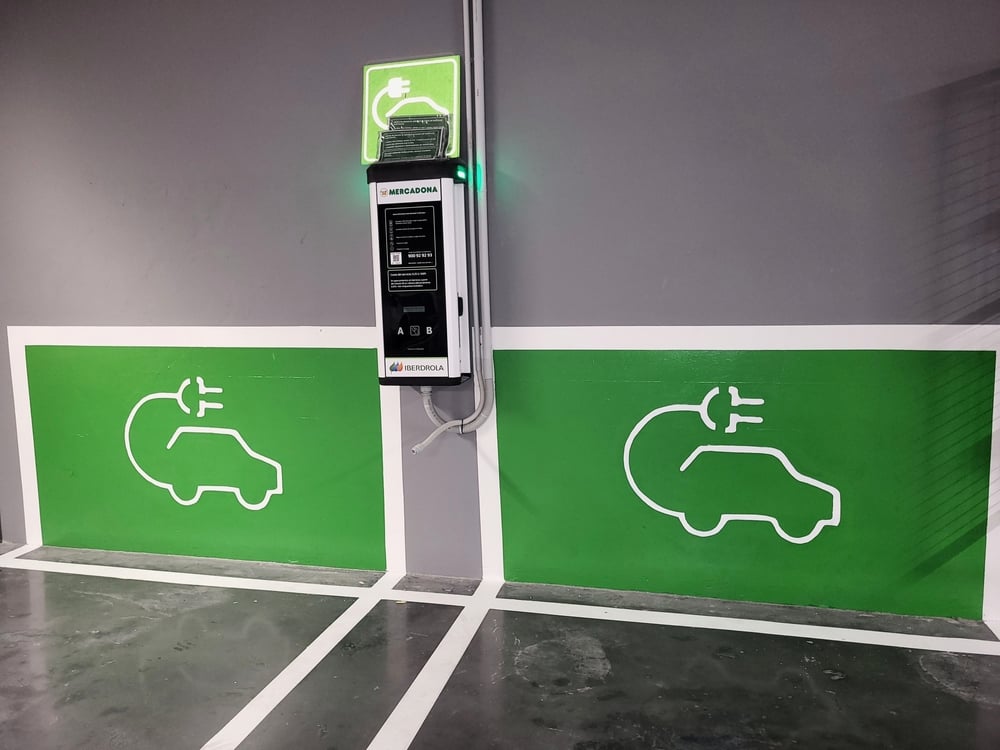
Solar energy use in Valencia
In 2021, Spain became the seventh best-performing country in the world for extensions to solar power capacity. This exponential growth looks set to continue, as solar power in Spain becomes a greater source of energy.
The Valencian Community is leading the way in renewable energy growth. In 2020, more than 70 per cent of electricity generation in the region was carbon-free, demonstrating a wholehearted commitment to sustainable energy development.
Valencia City Council, the Valencia Climate and Energy Foundation and the Horta Sud Foundation have also formed a recent collaboration to promote energy communities.
These are non-profit organisations that encourage open participation between citizens, small businesses and the public sector, sharing renewable energy resources and promoting effective energy-saving habits.
The objective is to cultivate a collaborative, community-led mindset towards issues of energy production, consumption and sustainability.
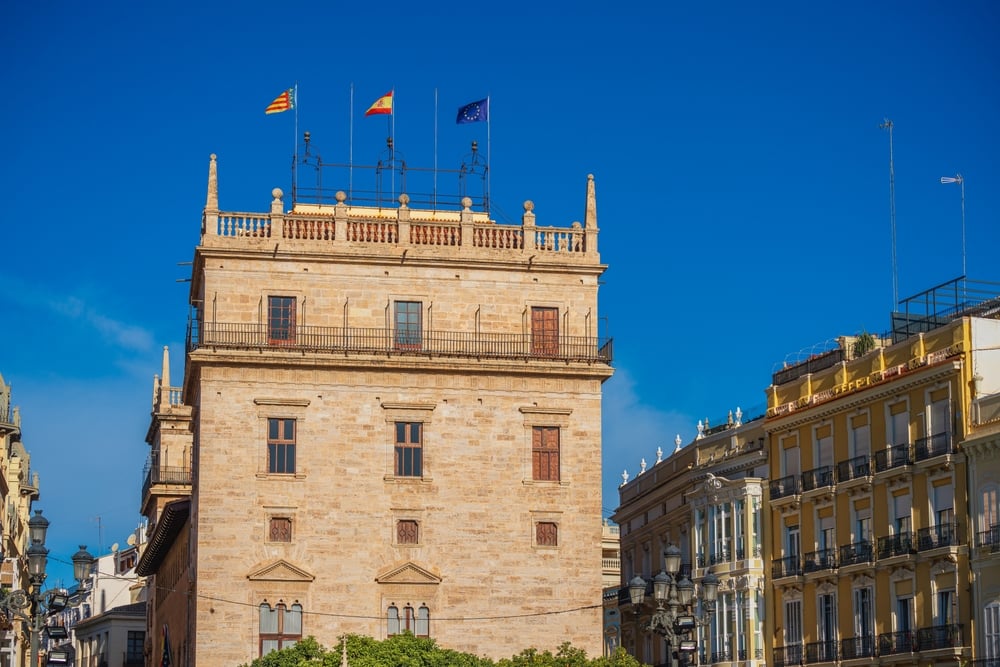
Incentives to use solar energy in Valencia
The Valencian government is fostering a shift towards renewables, creating meaningful incentives to encourage the use of solar energy.
Real estate tax deduction
A deduction from Spain’s IBI (impuesto sobre bienes inmuebles) property tax, with up to a 50 per cent discount for the first three years, is available in both urban and rural areas across the community.
Bonus tax on constructions, installations, and works
The ICIO (impuesto sobre construcciones, instalaciones y obras) is a tax on construction works, new installations, and other works. Residential buildings can receive tax deductions of up to 95 per cent in Valencia, with deductions of up to 50 per cent for mixed-use buildings in Alicante.
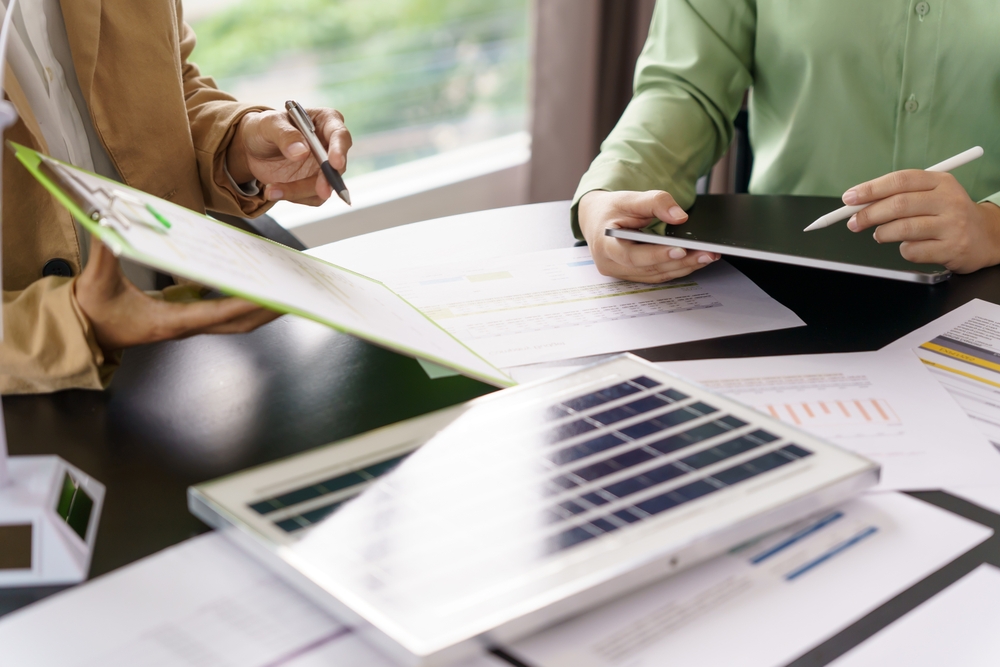
Income tax deduction for installing solar panels
Homeowners can request an income tax (IRPF) dedication by installing solar panels for home consumption. Deductions depend on how effective the panels are at reducing traditional energy consumption.
Subsidies for individual properties
While it can be expensive to install solar panels for home use, subsidies are available to assist with purchase and installation costs. For individual properties, this can reach up to 40 per cent of the budget.
Subsidies for companies
As with individual properties, companies can also apply for subsidies to develop their solar energy capacity. In the Valencian Community, businesses can claim grants of up to 45 per cent of the cost of solar panel development.
Solar energy market in Spain
In 2022, solar power accounted for 11.5 per cent of total electricity generation in Spain. By 2026, this figure is projected to increase by more than double.
This capacity has increased with the investment of private companies like Iberdrola, which has funded three photovoltaic (PV) farms in the Valencian region to the tune of €235 million. Two of the solar plants are based in Valle de Ayora-Cofrentes, and the third is near Alicante, with all three providing up to 1,450 jobs in total.
In January 2023, the Spanish Ministry of Ecological Transition (MITECO) enabled the development of 132 PV projects with a total capacity of 24.8 gigawatts. The PV capacity – essentially, solar panel capacity – of the Valencian region has increased significantly from its starting point of 313 gigawatts in 2011.
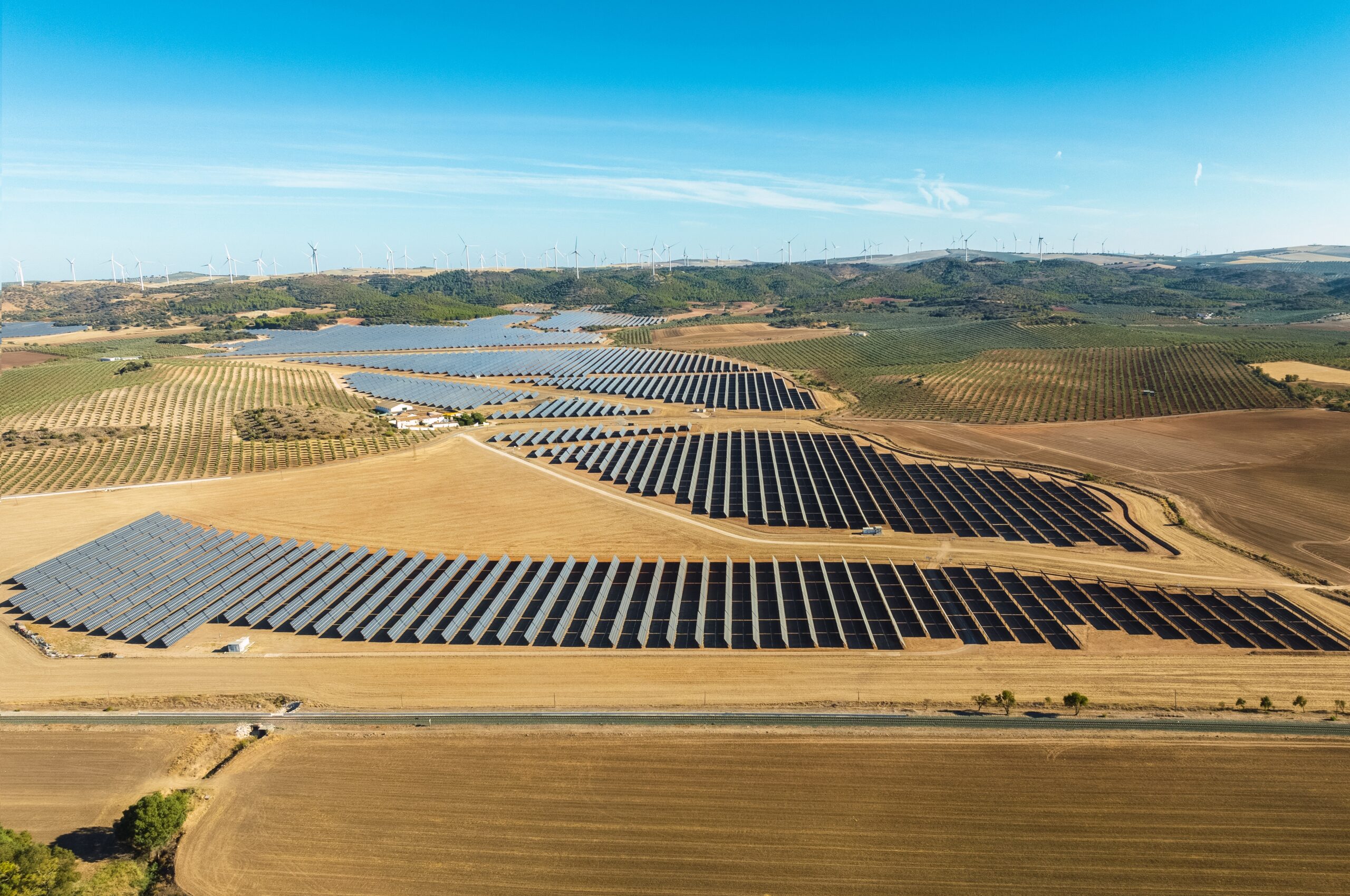
Companies joining the solar revolution
Aside from government investment, private companies are also joining the solar revolution. One of the Valencia region’s most successful companies, supermarket giant Mercadona, has announced plans to invest €60 million in the installation of solar panels on its roofs in the coming years to significantly reduce emissions and promote sustainable energy consumption.
According to Mercadona, this will cut carbon dioxide emissions by more than 3,000 tonnes per year. The aim is to ensure that over 850 stores achieve energy self-sufficiency by 2027.
Similarly, Danone has commissioned a solar plant at its factory in Aldaya, investing €2.2 million. This will supply the Valencian plant with sustainable energy, drastically cutting carbon dioxide emissions as part of the company’s decarbonisation initiatives.
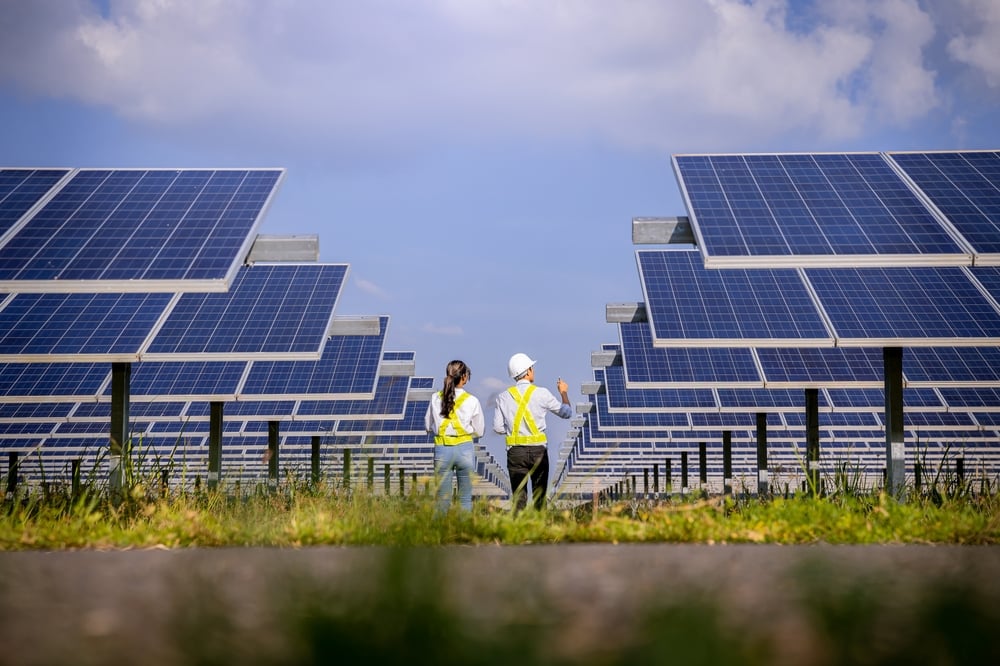 The new solar parks
The new solar parks
Finally, various solar park and solar plant projects have been developed within the Valencian Community recently. One of the most notable, still in its planning stage, is the Acciona Valencia Solar PV Park, which will have a capacity of 86 megawatts (MW). There are three other major solar power plants already in operation in the Valencian region: the Beneixama photovoltaic power plant, Huerta Solar Realengo and Huerta Solar Alfarrasí.
Thanks to the year-round sun in the region and the active private and public investment in renewable energies in Spain, Valencia is an ideal location for the development of solar renewable energy. It is rapidly becoming a hub for photovoltaic parks, plants, and solar energy initiatives.
For your energy sustainability, Kuanttum is the cable manufacturer that can save you money and resources with high-quality cable solutions, including labels for electrical cables.


